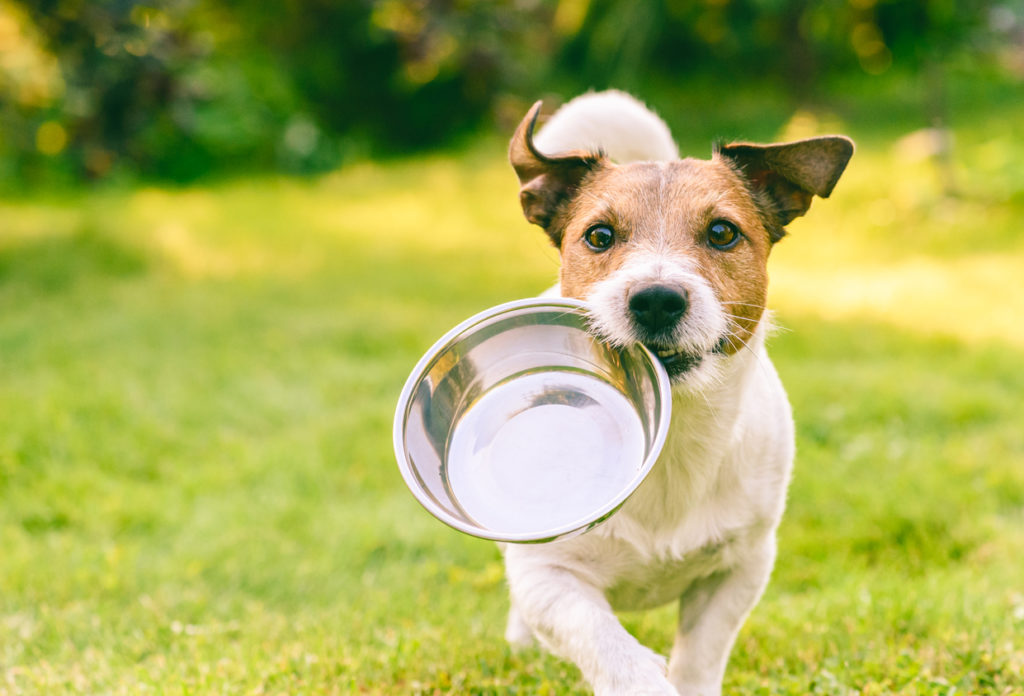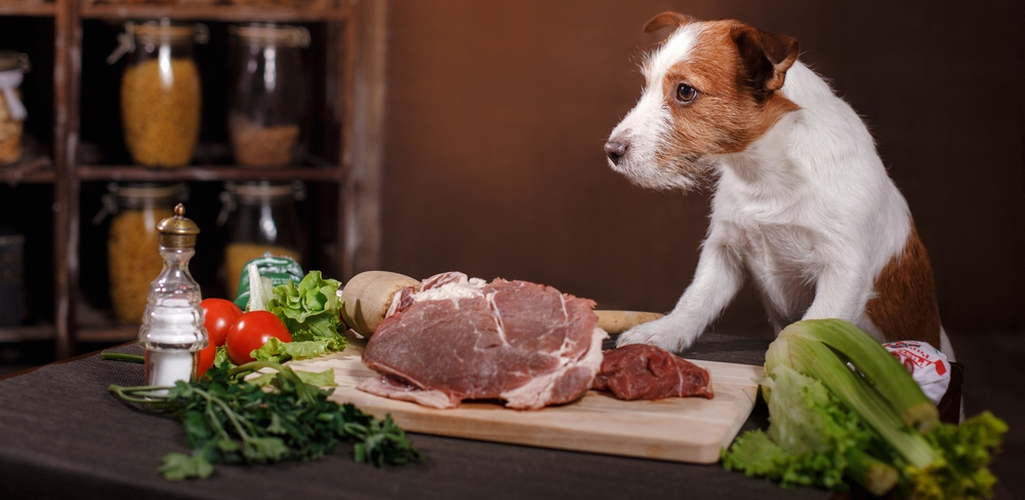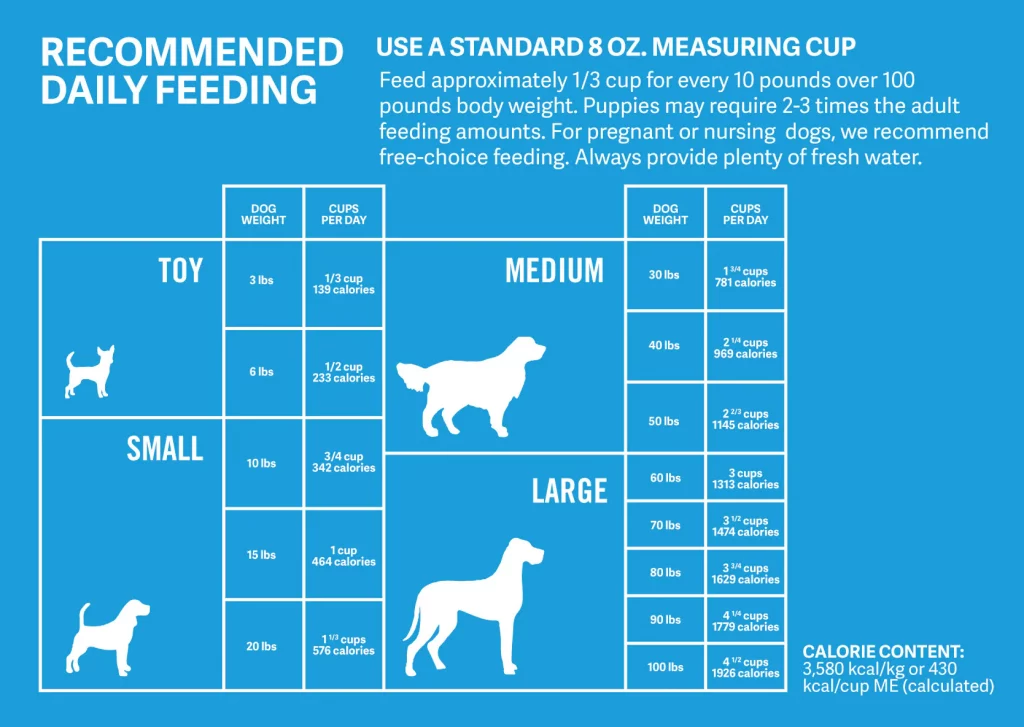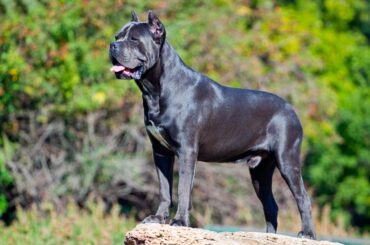A well-balanced diet that provides appropriate nutrients is an important element of dog care. It can be challenging to choose between the many various diet options and commercially prepared foods. Nutrients are found in all foods. Protein, lipids, carbohydrates, vitamins and minerals, and water are among these nutrients. Dogs require varying levels of each component in their diet, and these requirements have been thoroughly researched.
Each vitamin serves an important role in the body, helping to maintain normal physiological function and a healthy weight. Nutrient deficits and excesses can both cause difficulties, so it’s critical to strike a healthy balance to keep your dog happy and healthy. Water and energy are required in about equal amounts by the body.

Although all nutrients are vital, many individuals concentrate on the amount of protein in their diet. For a regular, healthy adult dog, the suggested amount is 18 percent, and for growing dogs, it is 22 percent. Although fat has received a lot of bad attention in recent years, it is an essential component of the human diet. Although just a little amount is required, it plays an important role in the body, even influencing the immune system.
Vitamins and minerals should also be included in a dog’s diet, albeit they are only required in trace amounts. Because they are required for numerous processes and functions in the body’s cells, their absence or excess might have serious repercussions.
Table of Contents
What to Consider When You Want to Feed the Dogs
The amount of food your dog requires is determined by a number of factors. However, the amount of energy in a portion of food should also be considered. The energy requirements of a dog are determined by its age and degree of activity, as well as individual differences in metabolism and surrounding temperature. Energy is derived from the many nutrients included in food, including protein, fat, and carbohydrates.
The amount of energy in a diet is also determined by its digestibility; digestibility refers to how much energy is actually available to a dog from a food. Inadequate energy intake in a dog’s diet can have negative repercussions, such as stunted growth and weight loss.

Any planned dietary change should be phased in over several days, as gradually as possible. The length of time you take to introduce a new type of food may be determined by your dog’s sensitivity to various foods. A dog with a sensitive stomach may require a longer transition period and a more gradual diet change, but a typical plan to switch foods would take almost a week to do so.
Keep a watch out for any digestive problems, such as vomiting and diarrhea, while adding a portion of new food to a dog’s diet. Consult your veterinarian if your dog vomits or has diarrhea when you’re introducing a new diet gently and according to a plan.
The Require Nutrients For the Dogs.
Protein: Proteins make up body tissues. Only 13 of the 23 amino acids that make up proteins are produced by your dog’s body.
Fats provide energy to your dog. They also aid in the health of your dog’s skin and coat.
Carbohydrates: Carbohydrates are derived from plants. Your dog will acquire it if he consumes grains and vegetables. Carbohydrates provide energy to your dog’s tissues. They also aid in the health of your dog’s intestines.

Vitamins and minerals are required for many chemical reactions in your dog’s body, including the formation and maintenance of strong bones.
Even if canned dog food contains a lot of water, it is insufficient for your dog. Ensure that your dog has access to fresh, clean water at all times.
How to schedule a feeding plan
Adult dogs should usually be given food once or twice a day. To avoid overeating and becoming bloated, most large-breed dogs should be fed at least twice a day. Treats and table scraps should never account for more than 10% of your dog’s daily calories, according to experts. Overeating can make your dog fat, just like it can make people fat. And this can lead to the same health issues that people do experience.





